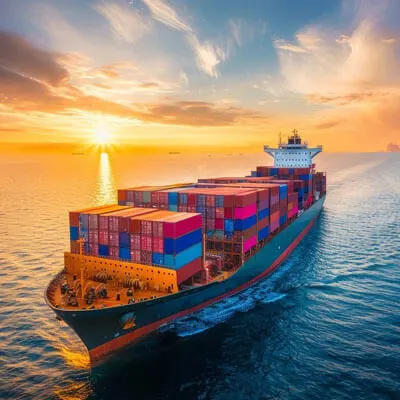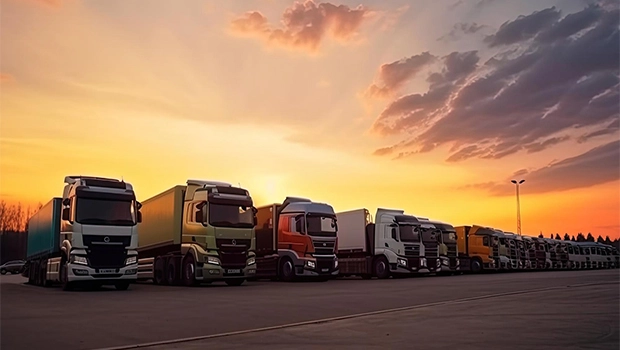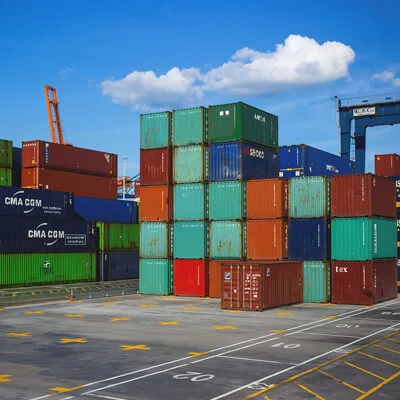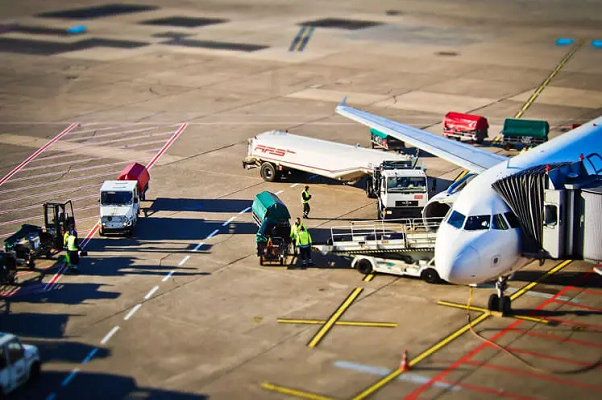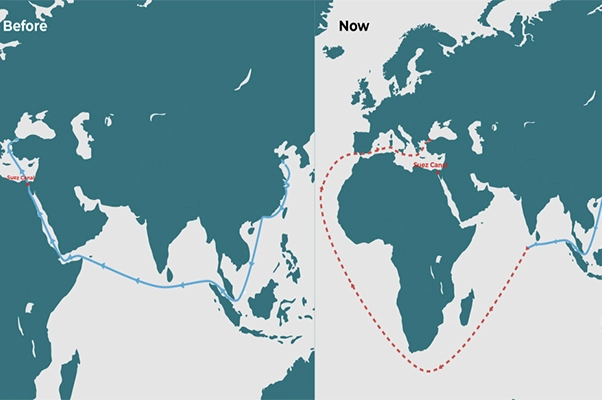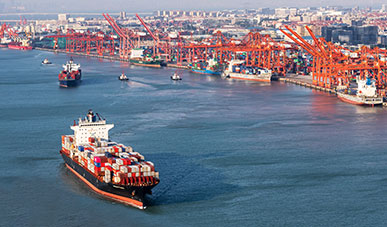+
Pakistan relies heavily on the import of a wide and diverse range of products via the China-Pakistan cargo service, covering multiple key areas to meet its domestic market demands. Among these, crude oil and petroleum products hold a significant position, as these energy commodities are crucial in supporting Pakistan's industrial production and daily life. Additionally, the import of machinery and transport equipment also depends on the China-to-Pakistan cargo service. This not only promotes the development of Pakistan's infrastructure but also enhances its logistics capabilities and manufacturing levels. This includes various machinery, automobiles, motorcycles, ships, and parts, all of which inject strong momentum into Pakistan's economic growth.
In terms of chemical products, Pakistan imports a large number of plastic raw materials and products, various medicines, and pharmaceutical intermediates from China. These products are widely used in agriculture, industry, healthcare, packaging, and other sectors, significantly improving the production efficiency of related industries and enriching market supply to meet the people's growing demand for health and quality of life.
Meanwhile, food is also one of the important commodities imported via China-to-Pakistan cargo service, covering a range of items from grains, edible oils, meat, to various processed foods and condiments. These foods not only enrich the dining tables of Pakistani people but also promote cooperation and exchanges in agriculture between China and Pakistan, deepening the friendship between the two peoples.
Pakistan relies on the China-to-Pakistan cargo service to import a rich variety of products covering energy, machinery, chemicals, food, and other fields. These products, transported via the China-to-Pakistan cargo service, not only satisfy the domestic market demands of Pakistan but also promote deep cooperation and development in the economic and trade relations between China and Pakistan.
The air freight service primarily relies on Pakistan's Allama Iqbal International Airport in Lahore. Upon arrival, customs clearance is undertaken, followed by sorting and delivery. It offers a relatively quick turnaround time but at a higher cost.
Pakistan mainly has two major ports: Karachi and Port Qasim. Most sea freight lines ship directly to these two ports from China for customs clearance and delivery. This option is suitable for heavy, bulky cargo.
The primary road network in Pakistan plays a crucial role. Goods transported via land primarily travel along the Karakoram Highway to reach cities like Islamabad.
Air Freight Timelines: Approximately 3-4 business days
Land Transport Timelines: Approximately 15-20 days
Sea Freight Timelines: Approximately 20-25 business days

